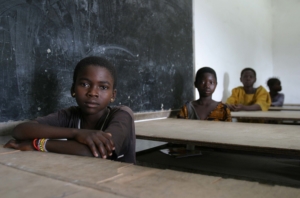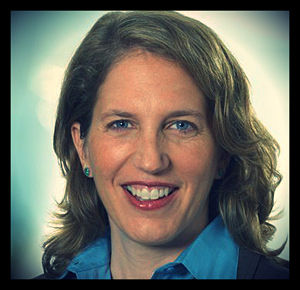
In 1985, American analyst Jonathan Pollard was arrested for sending classified information to the Israeli government. He was given a life sentence, marking the first time in U.S. history that a life sentence was given for spying for an ally of the United States.
Now, Israeli President, Shimon Peres, is traveling to Washington, D.C. where the issue of Pollard’s release will be front and center. Officially, Peres is going to receive the Congressional Gold Medal as well as the 2014 Lantos Human Rights Prize. In addition, he has promised to meet with President Obama about the prospect of releasing Pollard, who has been imprisoned in America for nearly three decades.
One of the organizers of the movement to free Pollard, Efi Lahav, implored President Peres to lobby President Obama during his trip, stating that, “We believe your upcoming visit to the U.S. is the most serious opportunity yet to release Jonathan Pollard.”
Previous talks to release the convicted spy have fallen through at the last minute, and this trip may prove to be the final opportunity to strike a deal. Pollard is up for parole in 2015. His release could be part of a larger prisoner swap in which Palestinian prisoners would be released by Israel.
However, those talks fell short in the past. Instead of using Pollard as a bargaining chip, President Obama could also free him as a humanitarian gesture that would reaffirm ties with Israel. Whatever Obama decides, it is certain that the issue of Pollard’s release will be broached by Peres.
The day before Peres left for the U.S., he met with Pollard’s wife where he claimed that, “It is a national responsibility to work to free Pollard, I will speak to the President of the United States on behalf of the people of Israel. I intend to do this during my meetings in Congress and at the White House.”
On top of that, Peres will also deliver a speech to Congress, thus giving him another opportunity to exert influence in Washington.
While Peres will no doubt be pleased with his prestigious awards, the focus of the trip will certainly be Pollard.
Pollard was once a candidate for a CIA graduate fellowship, but was turned down due to a history of emotional instability and drug usage. He eventually landed a position as an analyst at the Navy’s Anti-terrorist Alert Center where Pollard had access to a wealth of classified intelligence information.
As a lifelong sympathizer of Israel who had dreams of eventually emigrating, he was easily talked into becoming an Israeli spy. In 1984, Pollard was contacted by a family friend in Israel who set up a meeting with his eventual handler. Shortly after, Pollard began handing over documents in bulk.
During the course of his 17-month spying career, Pollard leaked over 800 highly classified documents.
After a co-worker noticed Pollard accessing classified documents without authorization, the FBI became suspicious of Pollard. Spooked, Pollard attempted to seek refuge at the Israeli embassy in D.C., but he was turned away. He was arrested shortly after.
What happens next remains to be seen. Over the next few days, Pollard could be released in a deal that would help to deescalate the Israeli Palestinian conflict. President Obama could also opt for the humanitarian route and free Pollard with no strings attached. Whatever happens, Pollard’s usefulness as a bargaining chip is quickly running out, and President Peres’ trip to D.C. will likely be a decisive turning point on the matter.
While the official purpose of the visit is to honor Peres’ past accomplishments as a human rights leader, the true reason for the trip could have humanitarian implications that extend far into the future.
– Sam Hillestad
Sources: Jewish Press, CNN, USA Today, Jerusalem Post
Photo: The Algemeiner


 During his visit to the University of Cape Town last month, President Obama said there was no question that Africa’s economy was on the move—but it is just not moving quickly enough for children still living in poverty. With more than 60% of Africans under the age of 35, Obama emphasized the importance of the decisions Africa’s youth face that will determine the fate of their country and continent.
During his visit to the University of Cape Town last month, President Obama said there was no question that Africa’s economy was on the move—but it is just not moving quickly enough for children still living in poverty. With more than 60% of Africans under the age of 35, Obama emphasized the importance of the decisions Africa’s youth face that will determine the fate of their country and continent.





